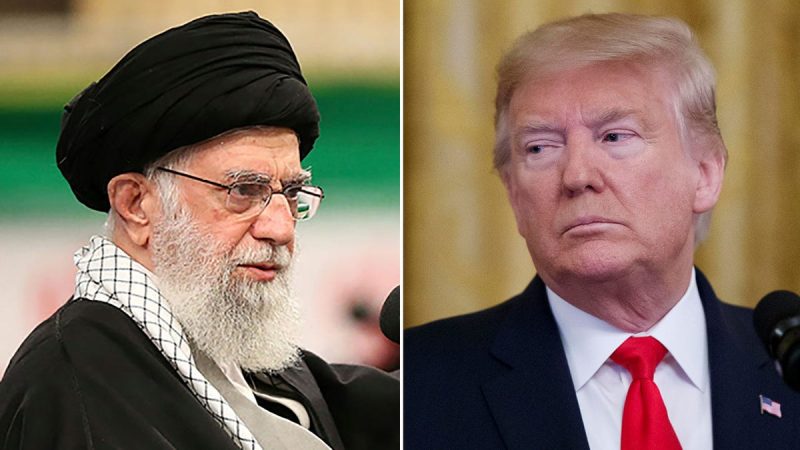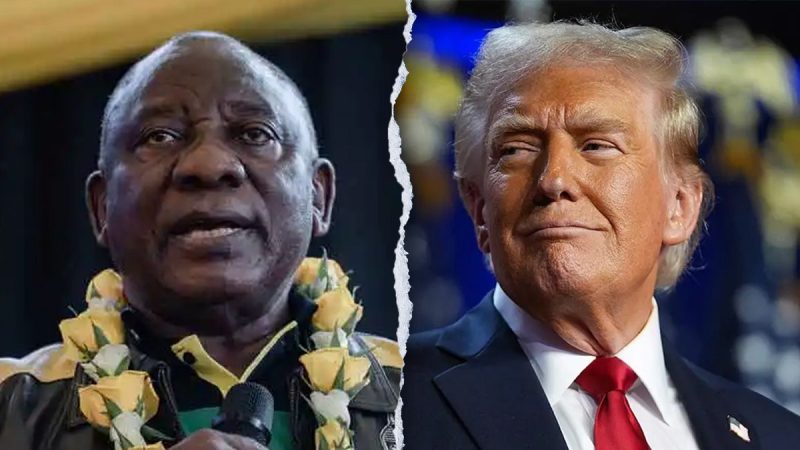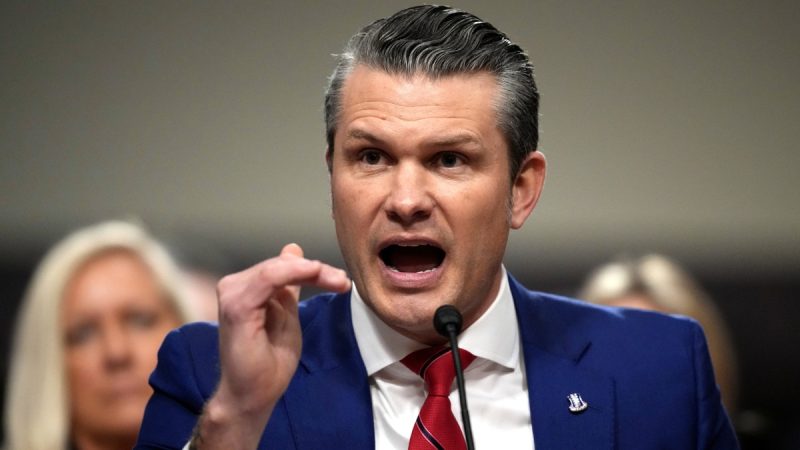
Eli Sharabi, who was ripped from his home in Kibbutz Be’eri by Hamas terrorists during the Oct. 7 attacks, has returned to Israel after 491 days in captivity. Sharabi’s family watched excitedly as he returned home, but three people were noticeably absent. Sharabi will not be greeted by his wife or daughters because Hamas terrorists murdered them during the 2023 massacre.
Sharabi and his family lived on Kibbutz Be’eri, a border community in southern Israel that was hit particularly hard on Oct. 7, 2023. In January 2024, just months after Hamas’ attacks, Israel confirmed that Sharabi’s brother, Yossi, who was also taken hostage, was killed in captivity.
Kibbutz Be’eri saw 98 men, women and children slaughtered in Hamas’ Oct. 7 attacks and 30 kidnapped. Among them were Sharabi and Ohad Ben-Ami, who was also released on Feb. 8, 2025. The kidnapped and killed accounted for approximately a tenth of the population of Kibbutz Be’eri, which is less than four miles from the Gaza border.
It is unclear whether Sharabi knows what happened to his wife, Lianne, and daughters, Noiya, 16, and Yahel, 13. It is also unknown whether Or Levy, who was taken from the Nova festival and released to Israel on Saturday, is aware that his wife was killed on Oct. 7, 2023.
Sharabi is not the first hostage to be released from captivity to a reality without his wife and children. Yarden Bibas, who was taken from Kibbutz Nir Oz, was released from Hamas captivity on Feb. 1, after spending over 480 days as a hostage in Gaza. Yarden’s wife, Shiri, and their two young sons, Ariel and Kfir, remain in Hamas captivity.
The image of Shiri, Ariel and Kfir Bibas’ kidnapping went viral as the two red-headed boys were seen clinging to their mother. Kfir, who is now two years old, was just nine months old when he was kidnapped, making him the youngest hostage. Ariel and Kfir are the only children taken on Oct. 7 who remain in Gaza. The condition of Shiri, Ariel and Kfir remains unknown.
‘Sadly, my family hasn’t returned to me yet. They are still there. My light is still there, and as long as they’re there, everything here is dark. Thanks to you, I was brought back – help me bring the light back to my life,’ Yarden said in a statement distributed by the Hostages and Missing Families Forum. This is his first statement since being freed.
While in captivity, Bibas was forced to make a hostage film in which he was seen breaking down as Hamas claimed his wife and children had been killed. Hamas often uses these types of videos as part of what the IDF calls ‘psychological terror.’ However, the terror organization included Shiri, Kfir and Ariel on the list of 33 hostages set to be released in the first phase of the ceasefire deal.
Yarden referenced the video in his statement and made a plea directly to Prime Minister Netanyahu.
‘Prime Minister Netanyahu, I’m now addressing you with my own words, which no one dictated to me: Bring my family back. Bring my friends back. Bring everyone home.’
The release of Sharabi, Levy and Ben-Ami marks the fifth round of hostage releases. While they too were forced to participate in a ceremony with Hamas prior to leaving Gaza, the images of the three men were strikingly different from many of those who had been freed before them. The three of them looked starved and exhausted, with many on social media comparing them to Holocaust victims.
Israeli President Isaace Herzog said that the ’emaciated and pained’ men were a visual representation of a ‘crime against humanity.’ In response to the images of the men, Prime Minister Netanyahu vowed to take action, saying their condition would ‘not be ignored.’
In a statement to Fox News Digital, Ruby and Hagit Chen, whose son Itay Chen remains in Hamas captivity, noted the ‘disturbing images’ and demanded Netanyahu begin ‘intensive negotiations’ to bring the remaining hostages, including their son, home.
There are still 76 hostages in Hamas captivity, many of whom are believed to be alive. So far, as part of the current ceasefire deal, Hamas has released 18 hostages. In exchange for the hostages, Israel has released more than 550 Palestinian prisoners.



















